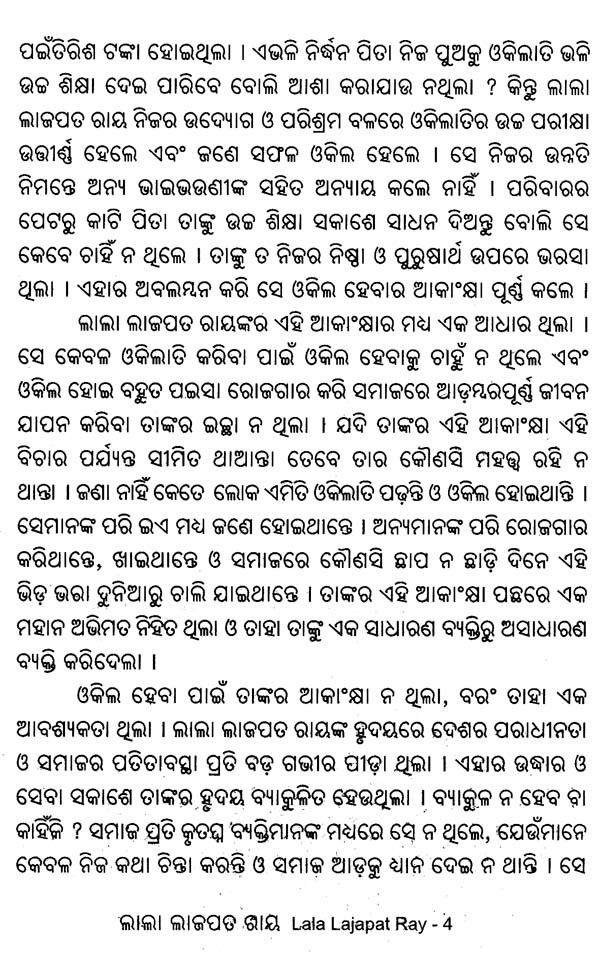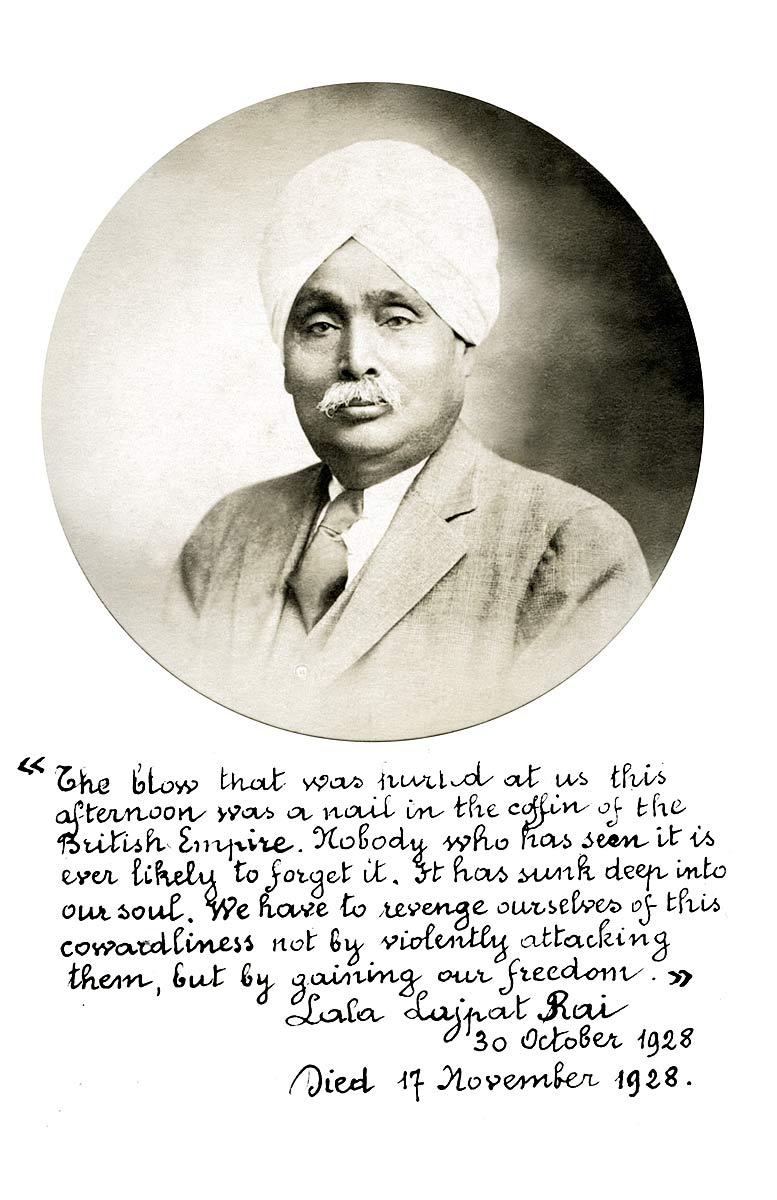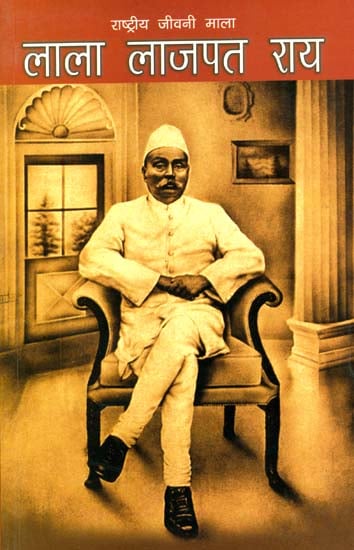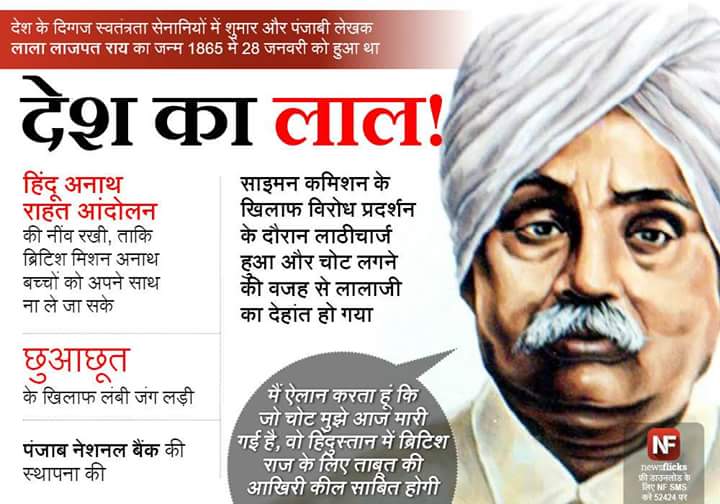Lala Lajpat Rai was a prominent figure in India's freedom movement and a leading member of the Indian National Congress. He was born on January 28, 1865, in Dhudike, Punjab, in a Hindu family of agriculturalists. Rai received his early education at a local school and later graduated from the Government College in Lahore.
After completing his education, Lajpat Rai worked as a school teacher and later entered the legal profession. He began his political career by joining the Indian National Congress and quickly rose through the ranks to become a leading figure in the party. He was a strong advocate for Indian independence and worked tirelessly to bring about political and social reform in the country.
Lajpat Rai was also a prolific writer and journalist, and used his skills to spread awareness about the Indian freedom movement. He wrote extensively about issues such as social reform, national unity, and the importance of education. He was also a strong critic of British rule in India and actively participated in protests and boycotts against the colonial government.
In the early 20th century, Lajpat Rai played a key role in the formation of the Non-Cooperation Movement, which sought to peacefully resist British rule by refusing to cooperate with the government and its institutions. He also helped to establish the Swaraj Party, which sought to bring about independence through constitutional means.
Lajpat Rai's activism and leadership were not without consequence, and he faced numerous arrests and prosecutions by the British authorities. In 1928, he was severely beaten by police during a protest against the Simon Commission, which had been tasked with studying the possibility of granting more autonomy to India. The incident, which came to be known as the "Lahore Conspiracy Case," sparked widespread outrage and further fueled the independence movement.
Lajpat Rai died on November 17, 1928, as a result of injuries sustained during the beating. He is remembered as a hero of the Indian freedom movement and his contributions to the cause of independence continue to be celebrated in India to this day.







